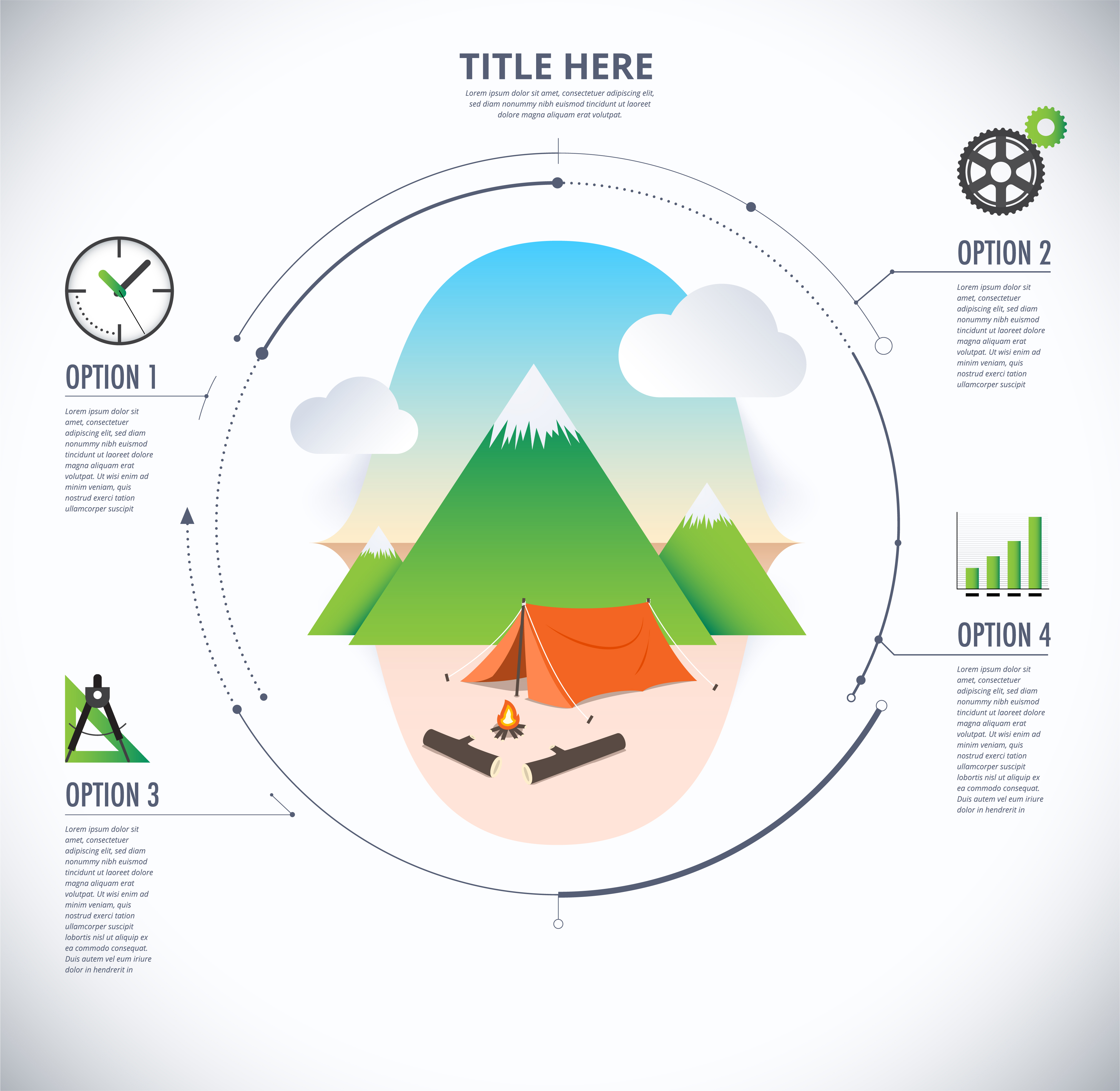Choosing the right structure product is essential for event tents. Whether it's coated steel for budget plan camping tents or plated light weight aluminum for sturdy applications, there are several factors to consider to remember.
Steel frames prevail in lower-priced pop-up camping tents but are prone to deterioration despite having finishings and require regular upkeep. Aluminum is lightweight, normally withstands rust, and stands up well in damp or coastal settings.
Steel
When it pertains to guaranteeing the durability of personalized camping tents, the material made use of in their frameworks plays an important duty. Steel and aluminum alloys both offer costs sturdiness, but each offers special benefits that make it appropriate for various types of settings. Steel is optimal for rugged problems, while aluminum master withstanding deterioration and lessening maintenance expenditures.
When event hosts pick the ideal tent for their demands, they require to think about factors like anticipated weather conditions. As an example, structure tents usually do better in windy or rainy conditions than pole camping tents since they don't count on a central post to support the framework. However, the connections in between framework items can compromise in high stress circumstances. Determining these weaknesses and carrying out normal examinations can aid prevent possible damages.
Steel frames are hard to cut, weld or shape, which can require customized tools and boost labor costs. Additionally, they tend to rust or corrode conveniently and may require added security or finishings. Additionally, steel is very heavy and can create concerns when carrying a cover. It's also hard to store for extended periods of time because it takes up extra area than light weight aluminum frameworks.
Aluminum
Light weight aluminum is a prominent frame material for canopy outdoors tents due to the fact that it's lightweight, rust-resistant, and very easy to deliver and set up. It also gives a more stable sanctuary during gusty problems than steel frameworks. Aluminum is much less prone to tearing and any kind of damage can be easily fixed, prolonging the life of the outdoor tents. It also takes a breath to reduce condensation and uses exceptional acoustic insulation to wet outside sound.
The sturdiness of light weight aluminum framework camping tents is even more improved by the natural oxidation buildings of the steel. It develops a compact oxide layer that protects the surface area from corrosion and stains. As such, the longevity of an aluminum pop up tent can be improved even further when the frame is anodized.
Plated light weight aluminum is more powerful than steel and can hold up against high wind rates. In addition, the coating resists corrosion and stains, expanding the life-span of the outdoor tents. In addition, plated light weight aluminum is recyclable and lasting, making it excellent for organizations looking for LEED qualification. The combination of these residential properties makes light weight aluminum a much more economical choice than steel for big, heavy-duty tents, such as those used to suit commercial devices and storage facility inventory. Steel, on the other hand, is more costly due to the fact that it calls for expensive alloys such as nitrogen, molybdenum, and chromium to enhance strength.
Iron
Iron frame tents usually last up to 15 years if the right treatment and upkeep is applied. This includes regularly cleansing material and tent accessories examining metal parts for rust and wear. By taking these steps, event hosts can maximize the integrity of their frameworks and ensure their ongoing performance in tough settings.
Steel is an optimal material for creating resilient outdoors tents, particularly for use in extreme climate condition. It is a solid, tough, and inexpensive material that offers stability and resilience for a wide variety of applications. Nevertheless, steel is prone to rusting in damp and seaside atmospheres. The addition of safety layers and routine maintenance can assist to mitigate this danger, but these initiatives increase general maintenance expenses.
On the other hand, aluminum is an extra resilient selection for a customized outdoor tents due to its all-natural oxidation residential or commercial properties. When plated, aluminum ends up being super-strong and approximately three times tougher than basic light weight aluminum alloys. This makes anodized light weight aluminum the second-hardest substance beside diamond (satellites, airplane, and army automobiles all use anodized light weight aluminum). In addition to its toughness, anodized aluminum is additionally more immune to corrosion than steel. These elements make light weight aluminum an outstanding choice for turn up canopy tents and add to their ability to lug longer warranties (5, 7, and even life time frame guarantees). Furthermore, light weight aluminum is 1/3 the weight of steel enabling a much thinner framework design for even more modification choices and enhanced strength.
